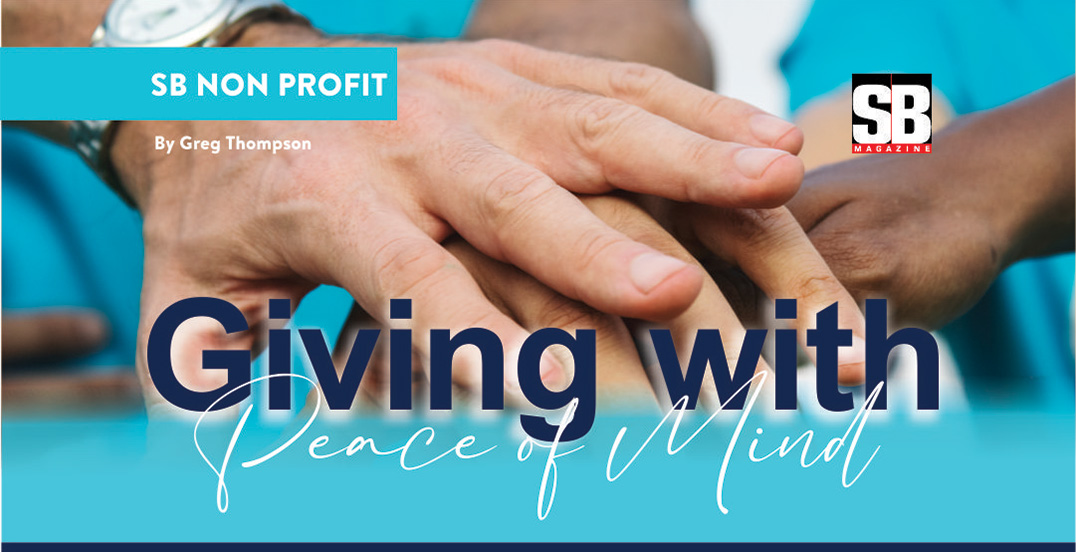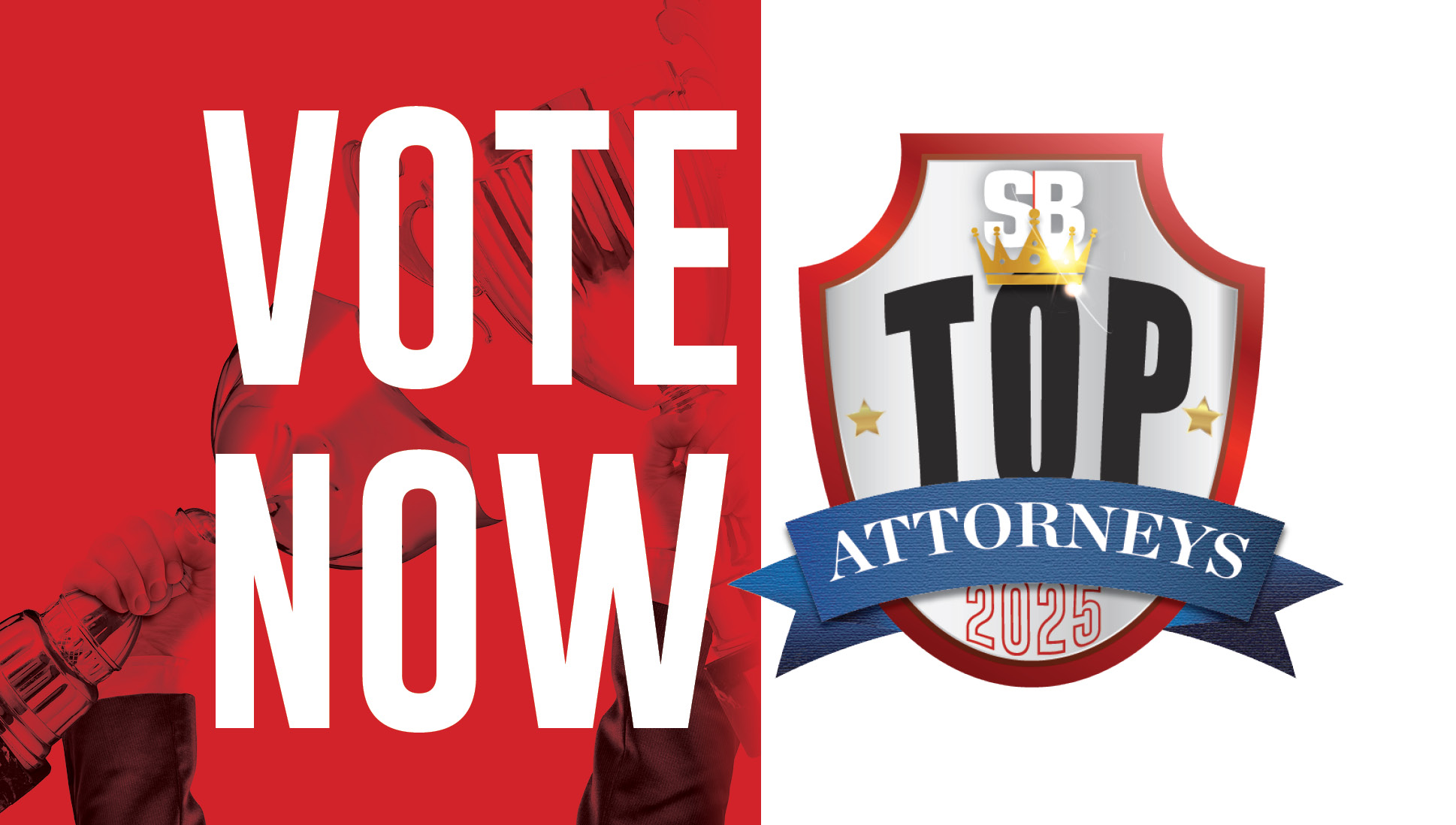Soon you will enjoy reading about some of the most highly valued volunteers working for our area’s Accredited Charities. With each new issue, you will learn about a different individual who works passionately for a different good cause—why they are inspired by the nonprofit’s mission, how they gain purpose from their work, and what short-term and longer-term hopes they aspire to see satisfied.
An Accredited Charity is one that has met 20 national standards that look at compliance with widely accepted expectations of nonprofits regarding their governance, effectiveness measures, finances, and integrity of their marketing publications. These are standards established by the Wise Giving Alliance, a sister affiliate of the Better Business Bureau.
Within the past year, the Better Business Bureau for Shreveport and the surrounding region decided to join with many other BBBs across the nation that have been conducting Charity Review programs over time. In doing that, the BBB Board of Directors made a community service commitment to assess the hundreds of nonprofits within its geographical footprint according to the 20 standards. The expense of conducting reviews is borne completely by the BBB, which means there is no cost to individual 501(c)3 organizations.
To date, six local nonprofits have achieved accreditation: Volunteers for Youth Justice, MLK Health Center, United Way of Northwest Louisiana, Providence House, Food Bank of Northwest Louisiana, and Gingerbread House. Within the next 6-12 months, the BBB anticipates that another 10-20 organizations will be able to satisfy the 20 standards and lay claim to accreditation.
A nonprofit either qualifies as accredited or if not, is informed as to the precise standards that remain to be achieved in time for their next scheduled review. Results are viewable at the BBB.org and Give.org websites.
Why is this important? As a consumer, how do you know when to feel good about trading your hard-earned money for a product or a service?
Many would say it is the natural result of the degree to which satisfaction with the product or service meets, exceeds, or falls short of expectations. How do you know when to feel good about giving away your hard-earned money to, what would seem to be on the surface, a good cause? After all, there is no product or service personally received. And, typically, there is no specific expectation for any specific outcome. How, then, can you reasonably conclude your contribution made a genuine difference for an effective charity and those whose lives it claims to attempt to improve?
In his book, Giving Done Right, Phil Buchanan, Director of the Center for Effective Philanthropy, states:
“There is simply no universal measure for nonprofits [i.e., to identify the higher achievers from the lower]—this is why there will never be an analog to a stock exchange… the idea has been endlessly discussed and never fulfilled because it makes no sense. It’s not just that there will never be a universal metric. It’s that our values come into play. The complexity of assessing nonprofit performance doesn’t make performance assessment any less important; quite the opposite…. Unfortunately, it’s too easy for nonprofits to be deemed “high impact” or “high performance” when they’re not. Some of the same organizations that have been the most celebrated and supported because of their performance have actually produced mixed results. These organizations include big-name, respected nonprofits…. Meanwhile, many nonprofits with great results labor in virtual anonymity and struggle to raise money.”
Said another way, the upside of generous households making their giving intentional and well-informed is that those nonprofits more deserving of your support will be more likely to benefit. And the ripple effect is that, as more households take that approach, the overall nonprofit sector benefits in Shreveport and beyond. Why? It is because organizations with better ideas, strategies, and efficiencies are better able to sustain support. The logical outcome of that is that more lives are qualitatively made better.
Connecting the dots, then, there is reason for confidence that giving money, time, or talent to an Accredited Charity makes more lives qualitatively better. To be clear, that is not to say that one can only be confident when contributing to Accredited Charities. Rather, it is merely to suggest that additional discretion may be merited when considering generosity toward those that have not yet earned accreditation.
By spotlighting some of Accredited Charities’ most admirable volunteers, SB Magazine ultimately is participating in helping our area’s more effective nonprofits to elevate the quality of life for more people.






